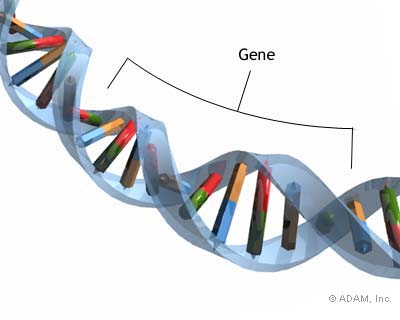
The prostate is a walnut-sized gland which is part of the male reproductive system, located just below the bladder. the gland helps make semen, the milky fluid seen in ejaculate.
The prostate gland wraps around the urethra, the tube that transfers urine from the bladder through the penis.
Normally, the prostate tends to enlarge with age or, abnormally, a tumor can make the prostate bigger and put pressure on the urethra. Infection of the prostate is called prostatitis; an enlarged prostate is called benign (non-cancerous) prostatic hyperplasia (overgrowth) (BPH).
In acute prostatitis (about 10% of cases), symptoms occur suddenly, are severe, and may include fever and chills. Chronic bacterial prostatitis (about 90%) may be milder and can occur quickly or gradually. it can last for weeks or months, with symptoms subsiding and recurring.
*A strong, frequent urge to urinate; may pass only a small amount of urine with a burning sensation; urination seems incomplete, as though the bladder was not emptied * Difficulty starting urination; interrupted flow; weak stream with dribbling at the end * Frequent nighttime urination * Pain or discomfort in lower back, belly, upper thighs, above the pubic area, or behind the scrotum, body aches * Pain may worsen during a bowel movement, and there may be a urethral discharge * Pain or discomfort during or after ejaculation; sexual problems or loss of sex drive * Pain in tip of penis; genital and rectal throbbing * Blocked urine
Prostatitis is not contagious and does not lead to cancer.
Causes are often unknown, but factors that may contribute to chronic cases include blocked urine flow, abnormal flow of urine and prostate secretions into the prostate, an autoimmune disease, and abnormal nerve or muscle function.
Risk may increase 1) after a urinary tract infection, 2) after insertion of a catheter, 3) from sexually transmitted diseases, or 4) from a groin injury as one might get from riding a bicycle or a horse.
Diagnosis: Prostatitis is diagnosed from a digital rectal exam (DRE) and, possibly, a blood test for prostate-specific antigen (PSA) and urine tests to determine the type. it affects about 50% of men at some time in their lives.
Look at Prostatitis Symptoms letting in 34 medical signs and symptoms of Prostatitis. Acute Prostatitis website gives you collection of useful articles & updated news.
Popular Posts